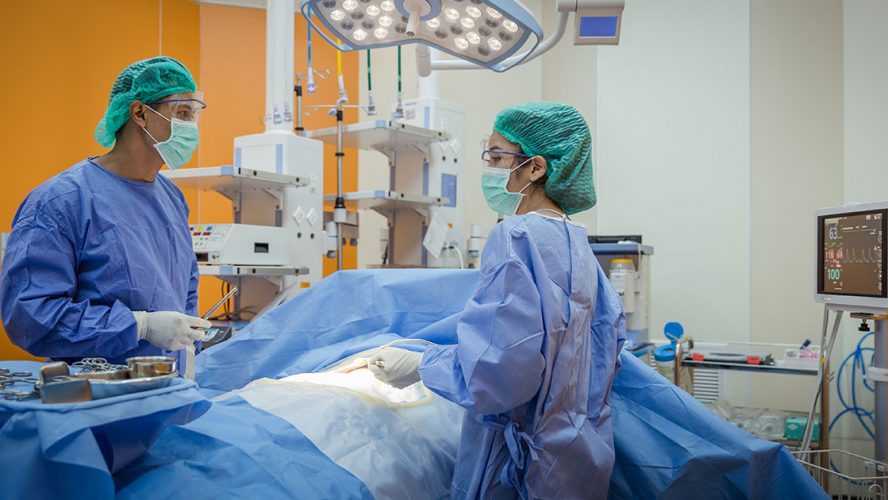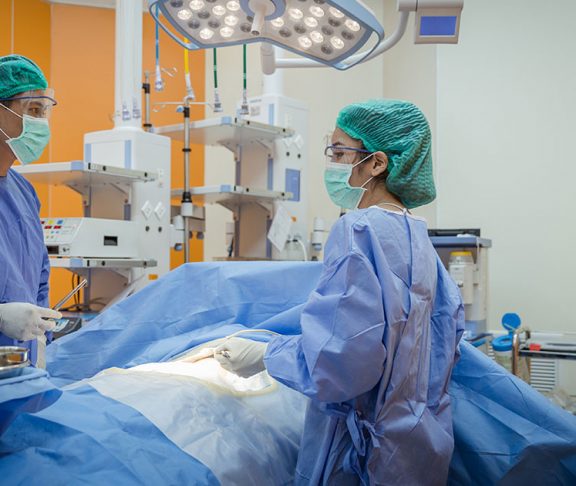2017 is anticipated to be a banner year for deceased organ transplantation in the United States with the largest number of deceased donors (exceeding 10,000 for the first time) and the most transplants performed from living and deceased donors (exceeding 30,000). Despite the large number of transplants, success is limited by the quality of the deceased organ, immune rejection and an inadequate number of organs to meet the needs of all recipients.
However, the future of U.S. organ transplantation is promising with scientific developments that are soon anticipated to improve the outcome of all organ transplants including heart, lung, liver and kidney. Three important innovations are underway: first, repairing organs after their recovery from a deceased donor; second, gene editing of pigs to humanize their structure and enable the use of pig organs for transplantation; and third, making organ transplant recipients tolerant of human organs so they are not rejected.
Repairing organs
Successfully transplanting organs from a deceased donor is hampered by the loss of organ function surrounding the death of the donor. The approach of transplanting organs immediately after recovery is now being modified by placing the deceased organ on an apparatus that can assess function prior to transplantation. The quality of the organ can be improved by providing warm blood circulation that contains oxygen and nutrients. Ex vivo perfusion with out-of-the-body assessment more reliably predicts satisfactory function of the organ following transplantation.
Gene editing
The lack of sufficient number of human organs for transplantation has placed a demand for new technology that can develop an alternative source. Humans have natural antibodies to organs from other species that will destroy the organ following transplantation. The antibodies are targeted towards antigens on the blood vessels that distinguish the organ as foreign to humans. The technology of gene editing is anticipated to successfully modify the architecture of the pig blood vessel so that it appears human. Moreover, this genetic manipulation has also been successful in deleting viruses from the pig that would otherwise be transferred to humans.
Preventing organ rejection
Each of us has a genetic identity that distinguishes our makeup from one another. When the heart is transplanted from a donor that has died or a kidney is transplanted from a living donor, our natural immunity responds to these organs as foreign. That biologic reality requires medications to prevent transplanted organs from being rejected. In the past 20 years, protocols have been developed that can interrupt the immune response by conditioning the recipient to be tolerant of the transplant – as if it were of the same genetic identity as the recipient. The result is to withdraw the need for immunosuppressive medications.
These scientific approaches hold great promise for widespread organ transplantation throughout the world to fulfill the lifesaving and noble act of organ donation.

